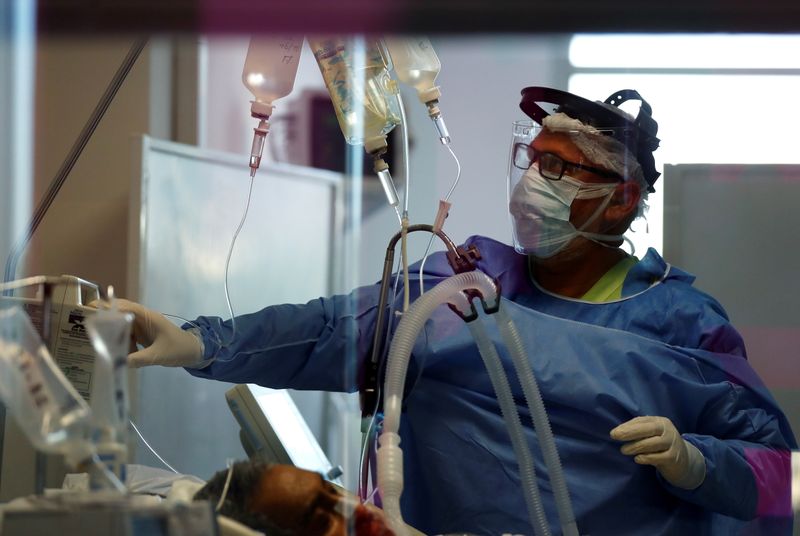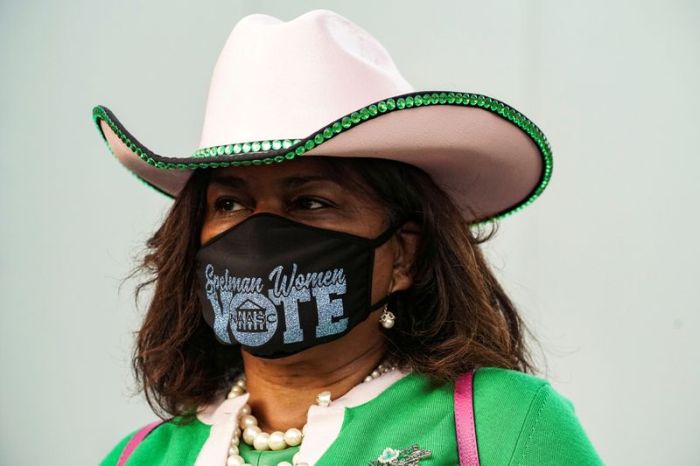BUENOS AIRES (Reuters) – Argentina’s COVID-19 fatalities rose above 30,000 on Wednesday, another grim milestone for a country once considered a role model in Latin America for countering the pandemic, but which is now battling one of the world’s highest daily death tolls.
Argentina initiated a strict lockdown in March, which is still partially in place, but has seen confirmed coronavirus cases soar to 1.13 million with 30,071 deaths, according to the latest official data.
The current seven-day rolling average daily death toll of 376 is the fifth highest in the world https://graphics.reuters.com/world-coronavirus-tracker-and-maps, behind only the United States, India, Brazil and Mexico, Reuters data shows. Its “positive rate” from testing has also been sky-high.
“The pandemic is just terrible,” said Basilio Benitez, 67, an Argentine painter. “Thank God I haven’t been affected, but I know people, my age group who we used meet to play soccer together, they are gone now due to the pandemic.”
Buenos Aires and the surrounding area suffered the brunt of infections early on, though the virus has now spread out in the country’s interior, straining areas with fewer resources and health personnel. Intensive care units in the country are at 64.4% capacity, with some provincial hospitals straining.
(Graphic: Argentina COVID-19 infections – https://graphics.reuters.com/HEALTH-CORONAVIRUS/ARGENTINA/azgpojkdavd/chart.png)
“There are places that are working at almost 100%. Rosario, Cordoba, Rio Negro, Neuquen, Mendoza,” said Arnaldo Dubin, an intensive care physician in the city of La Plata in Buenos Aires province.
“Eventually, the physical and technological resources can be obtained, but what is not going to change is the health personnel. Training these personnel takes years,” Dubin said.
The death toll represents a grim reality for Argentines who widely adopted the tough restrictions imposed by the government, but are now fatigued after seven months of controls. The government has relaxed many restrictions, though domestic and international travel is still tightly restricted.
“I have a brother who died. We cannot do anything about the virus until the vaccine is out,” said Isidoro Ojeda, a 69-year-old retiree from the district of San Isidro, north of Buenos Aires. “The truth is, it’s very sad.”
(Graphic: Testing positive – https://graphics.reuters.com/HEALTH-CORONAVIRUS/ARGENTINA/xegvbjxnevq/chart.png)
(Reporting by Reuters TV; Writing by Cassandra Garrison and Adam Jourdan; Editing by David Gregorio, Alistair Bell and Lincoln Feast.)





















